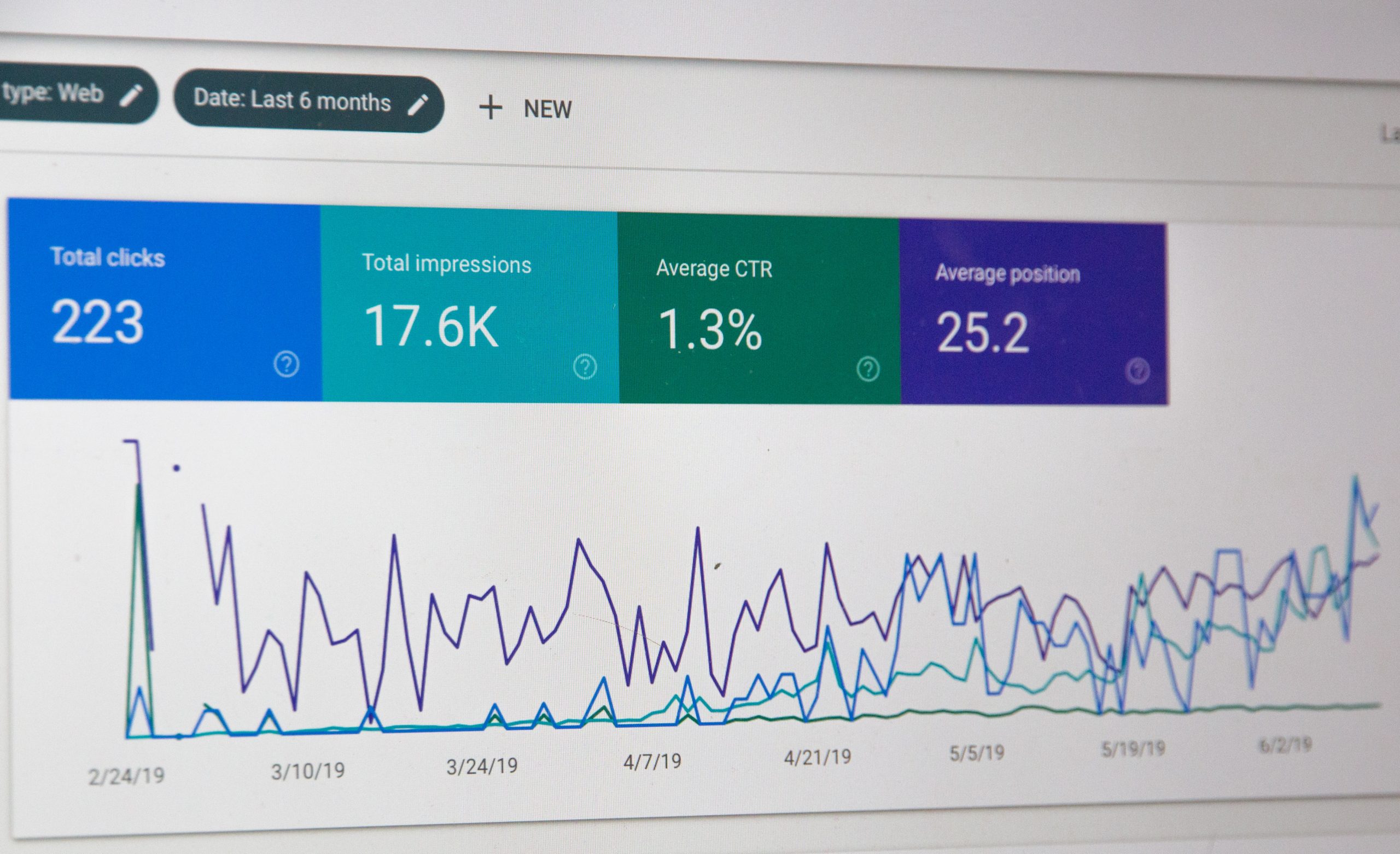Why your brand should still blog
19th Jul 2021
Video, apps and Google Ads — every brand has an arsenal of digital tools at their disposal to help them reach a larger audience. So, in the age of Instagram, YouTube and podcasting is there really any space left on the web (and in your marketing budget) for the humble written word?
There was a time when blogs were, in a way, a symbol of prestige. A sign that an organisation was forward-thinking, ahead of the curve and willing to invest in the future. Now, despite the fact that even basic templates on web design platforms offer blog functionality, blogging to some seems like a Ghost of Internet Past. So, is there any point in still having one? Well, in a word yes. If used properly.
The problem with most blogs
First, let’s address the elephant in the room… most corporate blogs are awful. Go on to any company’s blog page and the top post will likely be an out of date press release about someone being hired, or four grainy photos of a Children in Need bake sale. This is because most brands fail to first answer this question before posting a blog ‘Will anyone on earth be interested in reading this?’ If the answer is no, then of course your blog is not going to gain any traction.
However, if you treat your blog as something more than just a couple of hours busy work to give the work experience boy it could become your best marketing tool. All you need to do is make sure that it’s insightful, interesting and well-written.
Fifteen years ago, brands liked blogging because it was a cheap and cheerful way of stuffing their website with keywords in an attempt to game Google’s algorithm. Today, search engines have reached a stage of sophistication that means they cannot be cheated by simply banging a load of phrases into an article to improve your site’s SEO. Google can discern the quality of a blog in much the same way that a human reader can, so for your blog to work it needs to be genuinely good.
‘Companies who blog get 97% more links to their websites’

We’ve already touched upon the fact that keyword stuffing is not the be-all-and-end-all of SEO anymore. Link building, however, is still an effective way to gain favour with the Google gods, providing that the links to your website are legitimate and from good quality pages.
The more links to your blog from reputable and popular websites you have the better your site’s SEO and the best way to get this to happen is by writing blogs that are worth citing. Write posts about things affecting your industry and how your brand has dealt with these issues, or by writing press releases that local or national news sources will actually want to report on, rather than just writing up every boring bit of office news: sorry but no one care’s about your work Christmas party.
It’s also important to point out here, that the Google algorithm is smart enough to tell if you’ve engaged in link swapping — this means agreeing to link to someone else’s webpage in return for a link to yours. If you do this Google could throttling your ranking.
Establishing thought leadership

Blogs are also one of the best ways to establish your brand’s thought leadership in your area of expertise. ‘70% of people say they would rather learn about a company through articles rather than advertisements.’ and consumers state that authenticity is one of the key factors in deciding which products or services they like.
Blogging is a great way to give your brand this authentic voice. Consider a zero-waste café — while spending money advertising their zero waste credentials will give their amount of weekly business a boost. They would likely get even more publicity by writing a weekly blog that gives insights into how they run their zero-waste business. This way their core demographic of people interested in zero waste concerns will come to see this cafe as the ‘go-to’ brand to learn about sustainability issues, they will hold this brand in higher esteem and pick them over their competitors.
“Companies with blogs produce 67% more leads each month than companies that don’t blog”
Journalists too would be more likely to contact this business to give quotes about environmental issues further boosting the brand’s popularity, as they are established as a source of authority further improving both this brands publicity and their SEO.
Quality and quantity
One final point to note is the argument between quality and quantity. Many brands assume that blogging prolifically will grant them the most exposure, but the truth is without time spent planning, researching and writing your blogs there’s only a minute chance any of them will go viral when you share them on social media. Equally releasing one impeccable long-read a year is unlikely to gain you thousands of new leads, the secret is consistency and balancing quality and quantity.
We advise everyone who blogs to construct a quarterly content calendar for their blog. This allows you to effectively plan each post, how much time it will take to research and write, and most importantly when will be the best time to post and publicise it.
